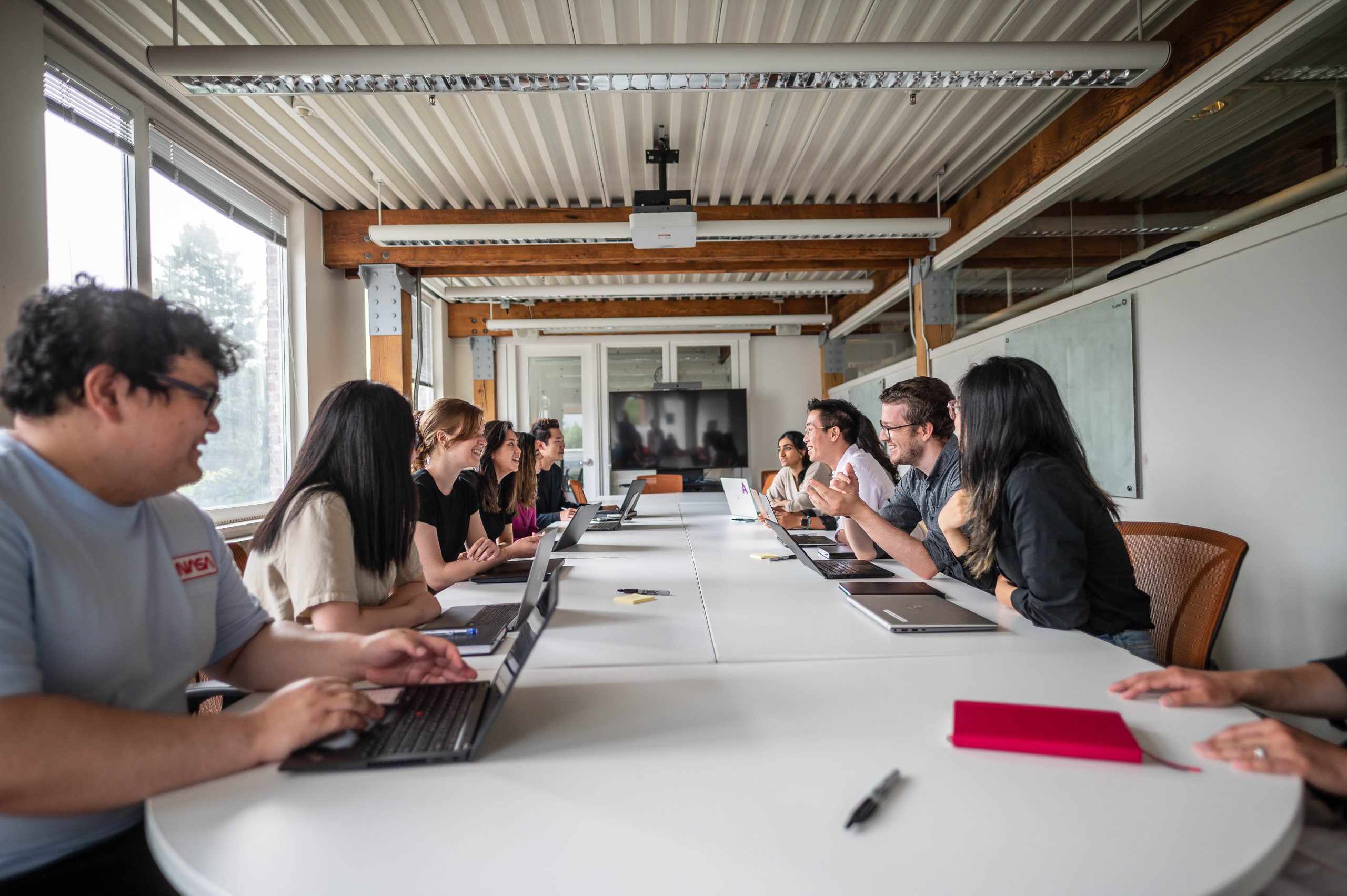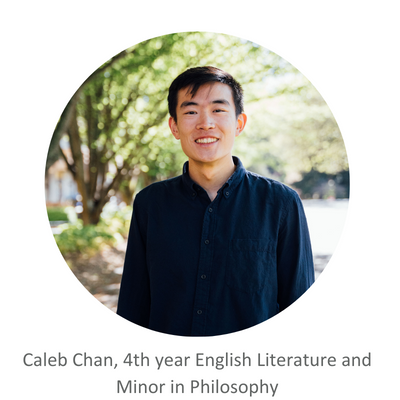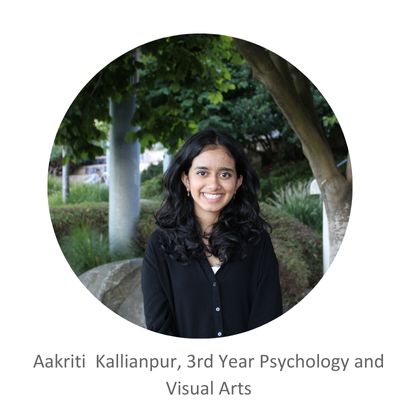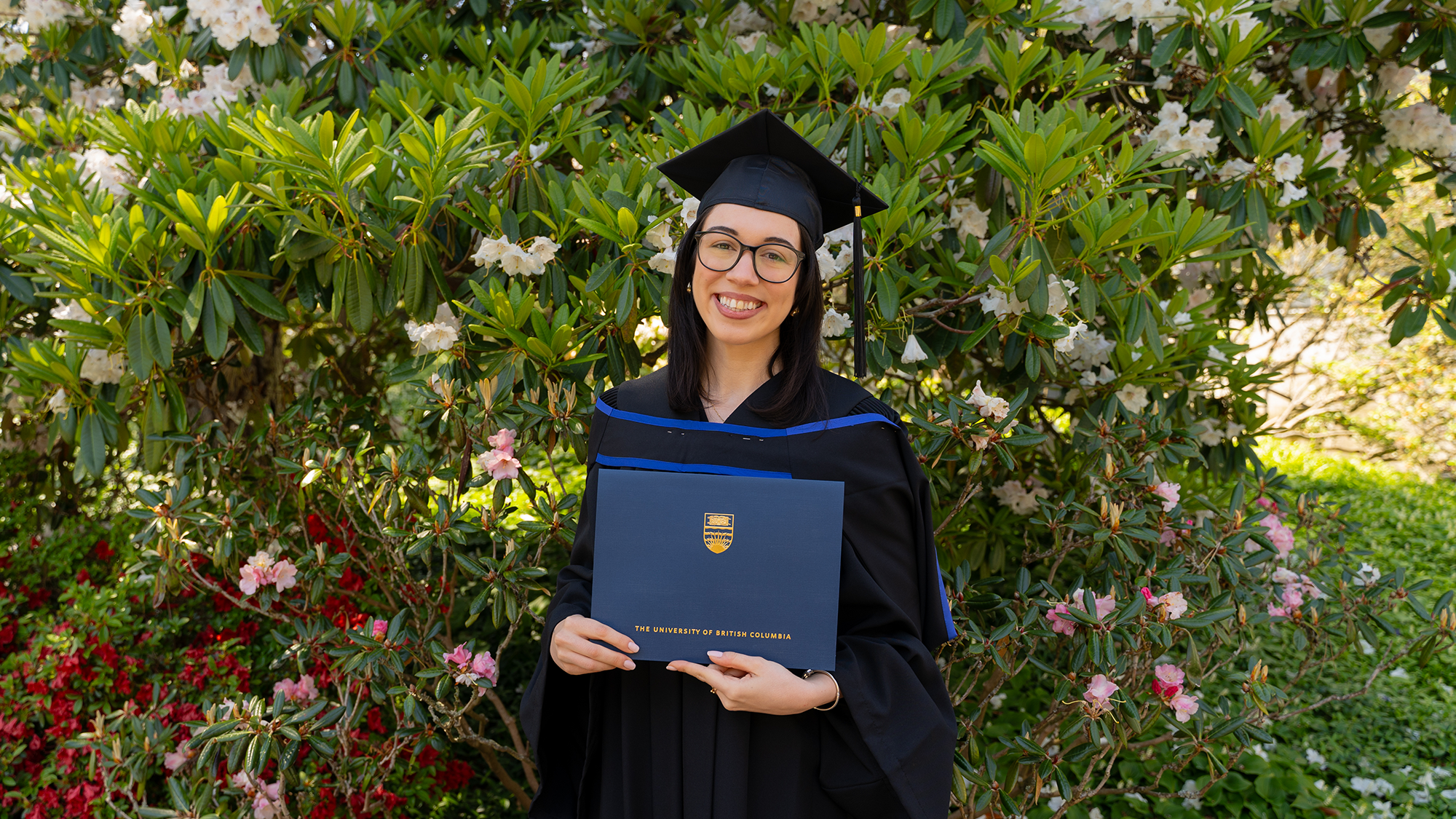

Get ready, get set, go! This exam season, look ahead and stay on track. Beyond study tips, there are many proactive measures you can take to reduce stress, ensure wellbeing, and minimize procrastination.
These six Arts students offer their top tips on what they wished they knew at the start of their undergraduate experiences. Personalize this season with tools to prepare for exams and environments to support your focus.
1. Forecast your workload early on


“Before an exam season, I’ve found that despite my instinct to pull all-nighters and pour all my energy into studying, it’s vital that you are eating well and resting enough. When I neglect my self-care, I tend to start shutting down, feeling more stressed or anxious, and struggling to focus. Additionally, be consistent in taking notes throughout the semester so that you aren’t cramming them right before an exam. Taking them throughout the semester and reviewing notes on a consistent basis allows you to process information more efficiently and effectively.”


“Set your own deadlines outside of the prescribed ones. You might choose to prepare for a specific exam date a little or a lot before the actual one. Looking ahead helped me begin the study process far in advance, allowing me the time I needed to prepare. Additionally, it’s helpful to not merely strive to memorize information for a given subject, but to internalize concepts. Ask yourself questions that challenge your conceptual knowledge.”
“Start early! As the semester gets busier, we have more to worry about so it's always beneficial to do readings and smaller tasks early in the semester, so that the busier periods are free from work that isn't related to exam preparation.”
2. Discover strategies and methods that suit your style


“During exam season, I tend to either completely turn off my phone for study periods, or turn it on snooze mode. Something I’ve found really helpful is the Pomodoro technique, which uses a timer that helps to break work sessions into intervals. That way, I commit myself to studying for 25 minutes with zero distractions, then give myself a 5 minute break, and continue that process again.”


“The most efficient way to approach studying for me is to listen well during lectures. That way, I identify what material is testable. For courses that require memorization, I put testable material on Anki, a flashcard-style software. I then complete as many practice problems and practice exams as I can, which also functions to expose my weakest areas for a given test. Finally, I self-grade and see where I am still answering incorrectly, and accordingly review and revise to patch up these gaps. This process is helpful in narrowing the scope of my study time to more specific action items.”
3. Prioritize your wellbeing and maintain a balanced lifestyle


“The key to a work-life balance is treating breaks like mandatory commitments! Make sure to schedule time in to see friends or relax at home, and treat them as non-negotiable in order to maintain your wellbeing during busy times. To manage stress, I remind myself that I have dealt with stress in the past and have overcome it, so it is inevitable that I will get through it as long as I try my best.”


“Keep your schedule flexible to prioritize mental, physical, and emotional health. I get chores done, do my groceries, have a clean room, and get exercise in. In the midst of a busy season, I like to take 15 minutes to sit in silence, breathe, and allow myself to completely relax to overcome anxiety and feelings of overwhelm. I would also recommend eating healthy. Avoid highly processed foods and high sugar foods, you want to save those for right after your exam! Over or under eating can make you feel sluggish and sleepy. So what you put in your body will affect what you put in your brain when you study.”
“Some days are more challenging that others, but I always try my best to prioritize a good night’s sleep and moments of slowness to preserve my health and capacity to focus.”
4. Persevere and stay attuned to your needs
Adopting and adjusting to good study habits is not a one-time occasion. Throughout your academic journey, you will learn, un-learn, and re-learn different techniques, styles, and accommodations that meet your individual needs. Every student is different, with ranging responsibilities and capacities!
These tips are guiding points for curating the right study habits for a productive exam season, but there is plenty of room for you to personalize the steps in between.
Before you go, check out some campus environments and resources to support your study needs:
- Find a study environment on campus
- Receive academic support
- Unwind in these spaces


